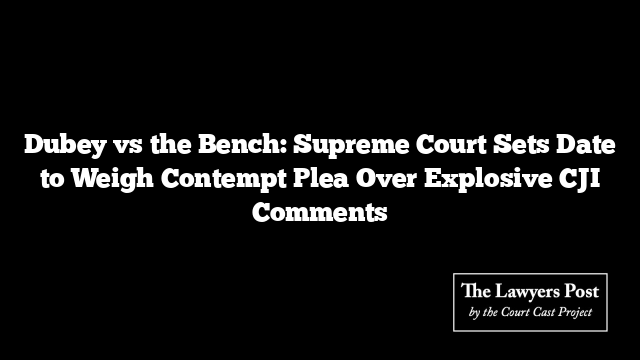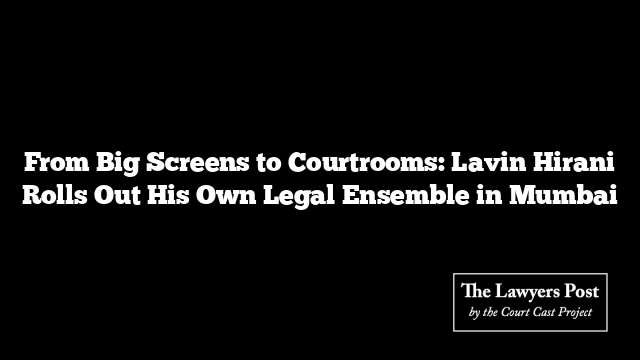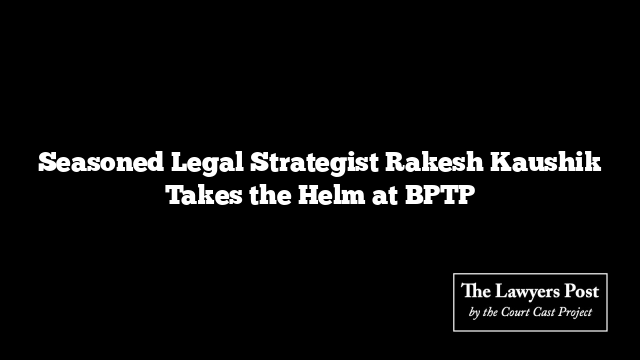The Supreme Court is gearing up to take a closer look at a plea demanding contempt proceedings against BJP MP Nishikant Dubey, whose recent public remarks took direct aim at the apex court and its current Chief Justice, Sanjiv Khanna. The court on Tuesday said the matter will be heard next week.
It all started when a lawyer mentioned the case before a Bench led by Justices BR Gavai and Augustine George Masih, pointing out that the Attorney General has yet to greenlight the initiation of contempt proceedings—a necessary legal step under the Contempt of Courts Act, 1971, for individuals not holding public office.
The lawyer flagged Dubey’s now-viral statement where he allegedly claimed the Chief Justice was responsible for “all civil wars in the country.” The comment sparked outrage across legal circles, with several lawyers writing to the Attorney General, seeking permission to haul Dubey before the court.
But the AG’s silence so far has left the matter in limbo.
“List it next week,” came Justice Gavai’s concise directive.
This wasn’t the first time the Bench had been approached on the issue. On Monday, the same lawyer had made an earlier attempt, only to be told to build a formal case and pitch it to the Attorney General first.
Dubey’s controversial comments surfaced during a news interview, right after the Supreme Court intervened in petitions challenging the Waqf Amendment Act—an intervention that led the government to walk back certain provisions of the contentious legislation. His statements are seen by many as part of a growing trend among political leaders targeting the judiciary for what they view as overreach into the executive’s domain.
Meanwhile, Dubey isn’t the only high-profile figure to sound off. Vice President Jagdeep Dhankar has also publicly criticized the judiciary, questioning the accountability of judges and implying that constitutional interpretations have gone too far.
As the battle lines between Parliament and the judiciary continue to sharpen, next week’s hearing could mark a significant flashpoint in the ongoing tension between two of the Republic’s most powerful institutions.





